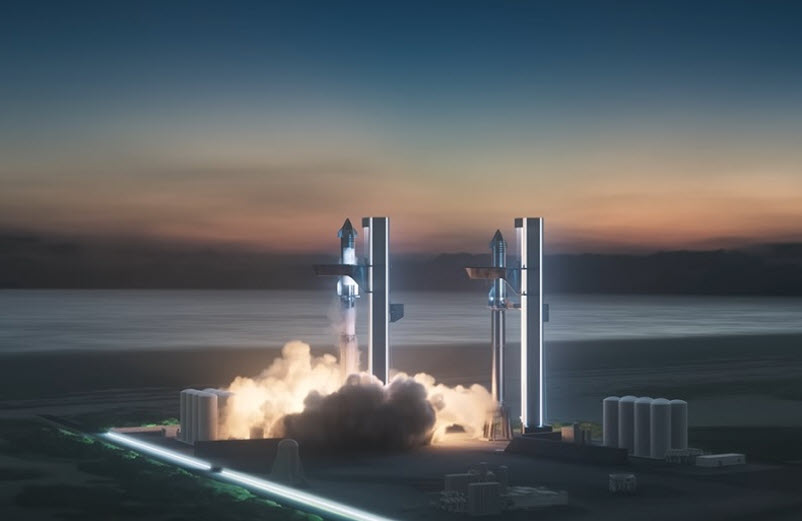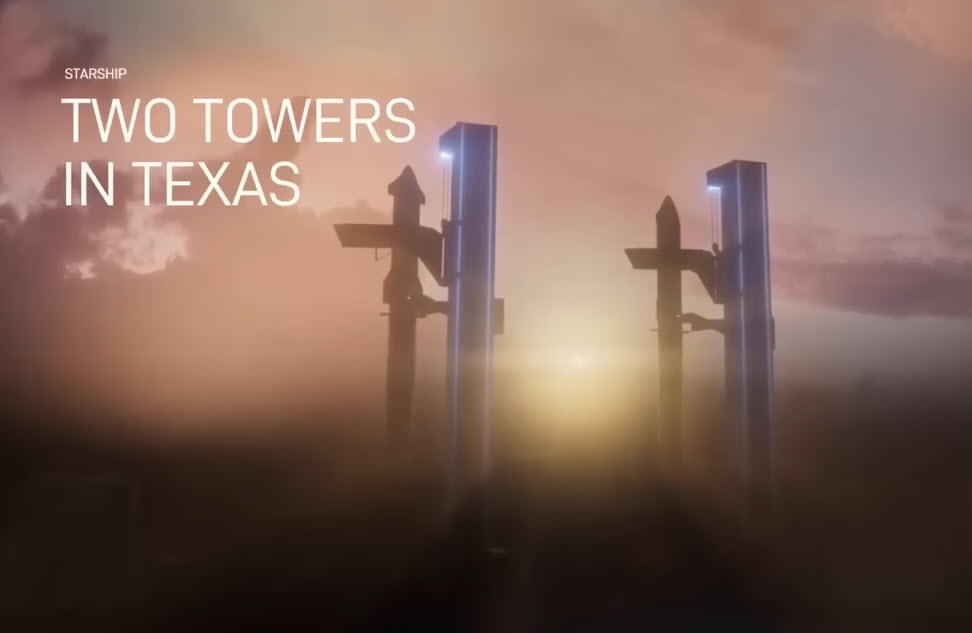Forget Silicon Valley’s starlets, the real action in space tech is down south, where Elon Musk just doubled down on Texas announcing a second, colossal Starship launch tower at Starbase. This behemoth won’t just be admiring the South Padre Island sunsets; it’ll be launching millions of tons of cargo into orbit, dwarfing its elder sibling, the current champ for tallest launch tower on Earth.

But Musk’s Texan swagger doesn’t stop there. He’s revving up “Star Factory,” aiming to churn out a Starship a week – talk about super-charging rocket production! And these flying beasts won’t be lightweight either. Think two fully loaded Southwest 737s stacked together – that’s the payload Musk envisions hurtling skyward, daily.
This heavy launch industry is about to stampede the Texas economy. Imagine landing a global freight port, container shipping giant, and Panama Canal all rolled into one – that’s the potential of Starbase. Already, it’s injected over three billion dollars into the Lone Star state, with ten-fold growth on the horizon. This port will have the single largest mass uplift capability on the entire planet.
Yet this space race is fierce. California, Florida and Washington are wooing space companies with promises of tax breaks and talent pipelines. To lasso this trillion-dollar opportunity, Texas needs to sharpen its spurs. Universities and trade schools need to turn out the engineers, mechanics, welders, pipefitters and electricians that make this entire infrastructure possible.
The Texas Space Foundation is dedicated to helping Texas win in this cosmic gold rush. We’re drafting initiatives to attract innovative space companies and build the world’s best space-faring talent pool. Partnering with the Texas Space Commission, TSF will plot a course with Starbase and its big brother the Johnson Space Center at its heart, ensuring Texas stays the king of the new frontier.
Let’s lasso this trillion-dollar opportunity. The space frontier beckons, and Texas leads the way.


